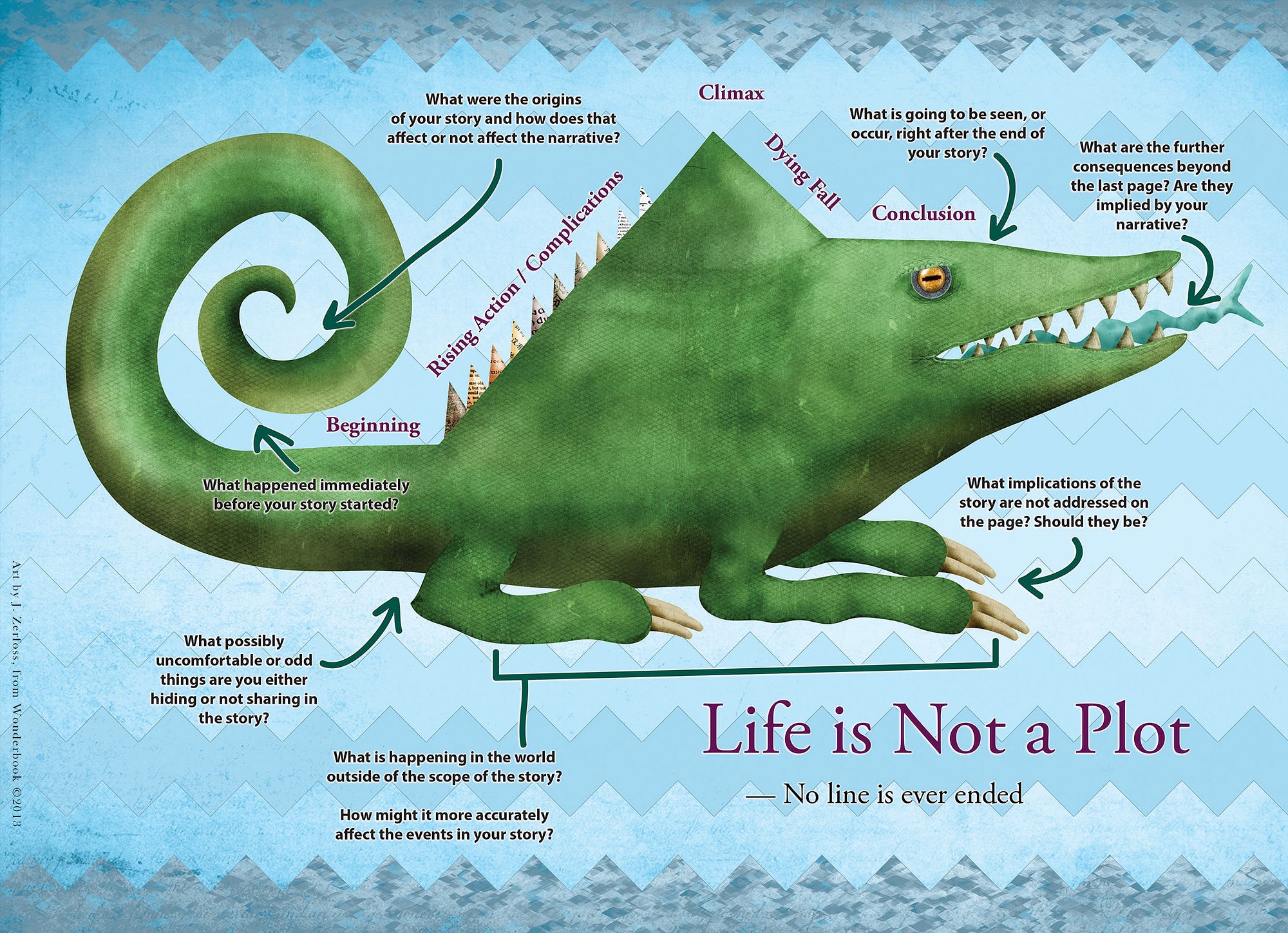Todd Hooge has a new son and a thriving Victoria tech company. Still, the latest death of a chum with a terminal illness was given him making plans beforehand for his own death to protect his companion from being left with gut-wrenching selections.

“I’ve had humans near me have to pull the plug on their mother and father, and that changed into not quite,” stated Hooge, forty-seven, who stated he’s keen to spare loved ones from that burden.
A yr after, Canadian regulation modified to allow assisted death in excessive conditions; the hobby is exploding in cease-of-existence planning as graying toddler boomers are looking for extra control over their very last days, legal experts say.
Related Contents :
- Photo exhibit reveals quieter moments from JFK’s lifestyles
- Nasdaq posts back-to-lower back profits as health care jump 1%
- An alt musical tour of Scotland
- 5 Tips to Make Your Website Attractive
- Power Tips: How to Power the Internet of Things
More than eight,500 humans in B.C. Have registered strengthen-care fitness and personal making plans files with Nidus, a unfastened criminal planning registry in B.C. In addition, Death with Dignity workshops have visible attendance double this 12 months, say organizers.
“We want to see humans properly earlier than they require these files,” stated notary public, David Watts. “It’s a bit like coverage. Once you need it … you are probably too past due to get it. You need to have the complete intellectual capacity to apprehend what you’re doing. Get on it right away.”
But there is no assurance that a few pre-dying making plans instructions can be honored underneath present-day Canadian legal guidelines.
Hooge’s friend becomes a wholesome 70-year-vintage who all at once fell ill with cancer. The sickness killed him for months. The man wanted a medically-assisted dying. However, that couldn’t be honored because he turned into too medicated to be considered lucid sufficient to make that decision. His dying changed into eased best with the aid of painkillers.
‘Like coverage’
In Canada, a person ought to be considered mentally able to be taken into consideration for a medically assisted death. They have to also be dealing with a fairly foreseeable dying so that they can not pre-plan a medically assisted death even as they’re nonetheless healthful.
Some advocates are pushing for further modifications to the federally assisted loss of life regulation that would permit humans to make plans affecting quit-of-existence selections simultaneously as they may be nevertheless wholesome. These kinds of arrangements are already accepted within the Netherlands.
In a few Canadian provinces, consisting of Ontario, Quebec, and Nova Scotia, dwelling wills can provide cease-of-life commands. But while Hooge went to an attorney’s office to draw up the sort of record, he changed into stunned to analyze that dwelling will don’t exist in B.C.
Seek other gear
In the absence of residing wills and with pre-deliberate deaths no longer authorized in Canada, many B.C. Citizens are looking for other felony gear to define how their medical care and dying may be handled.
Lawyers strain that these tools cannot be used to pre-plan a medically-assisted loss of life in Canada.
Under contemporary assisted death legislation, a medically assisted death can be granted if the individual is older than 18 and meets 4 prerequisites.
Those prerequisites consist of: The character should have a severe incurable illness, disorder, or disability; they were in an advanced kingdom of decline; be experiencing insupportable physical and psychological struggling, and their natural demise has to be reasonably foreseeable.
Lawyers say current legal equipment can define how your quit-of-life care is run.
End-of-life planning
Three files are counseled for giving up-of-lifestyles planning in B.C., including an illustration settlement, an advanced medical directive, and a long-lasting strength of legal professional.
A representation settlement names those who will help make selections about your fitness or medical care in a state of affairs wherein you can not. Choose those who will recognize your wishes as they may communicate with you.
Lawyers additionally endorse making ready a long-lasting electricity of attorney for monetary matters and a sophisticated directive that advises scientific workforce — or your representatives — approximately precise clinical eventualities, including whether or no longer you need to be kept alive using artificial approach or resuscitation.
“[A representation agreement] is your high-quality guard,” says Susan Hughson, director of Dying with Dignity Canada. Hughson registered her documents with Nidus and kept a 2d copy at home.
She stated that a person could use equipment like illustration agreements combined with scientific directives to define specific instructions concerning stop-of-lifestyles hospital treatment, including resuscitation, intubation, or feeding. Instructions on those problems could “hasten” demise legally, she said.
“I’ve achieved the best I can, and with a bit of luck, this will be honored. This is also life. You can’t plan for the whole thing. That’s just a part of the herbal chaos,” she said.










